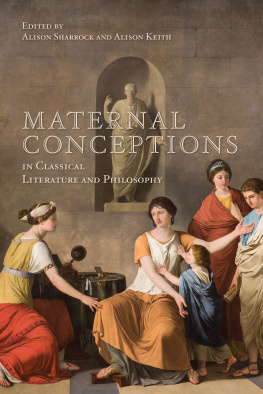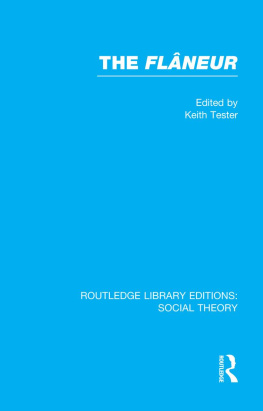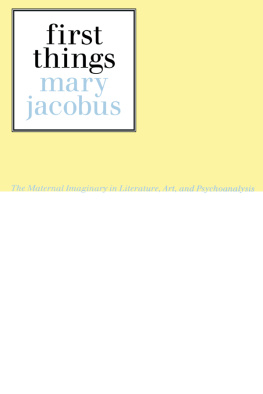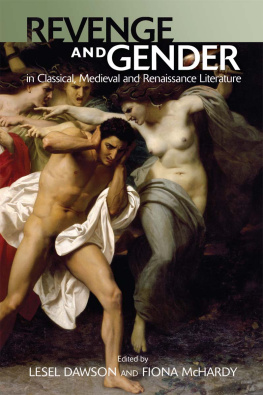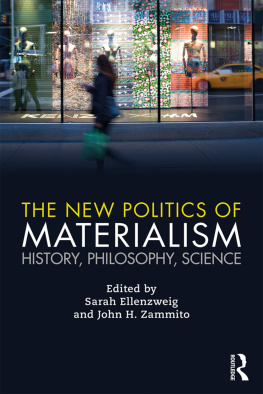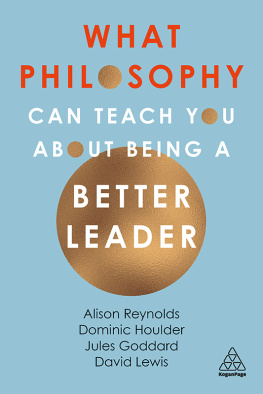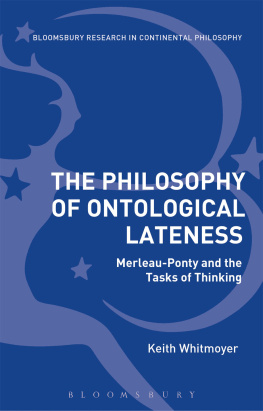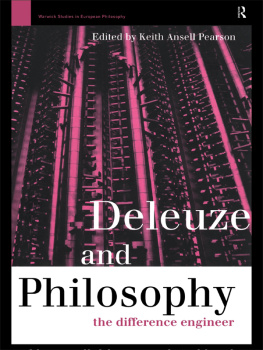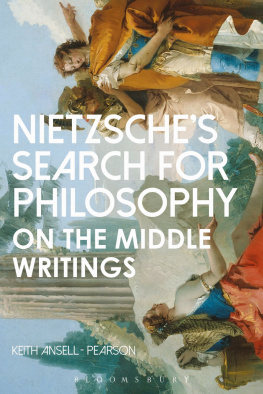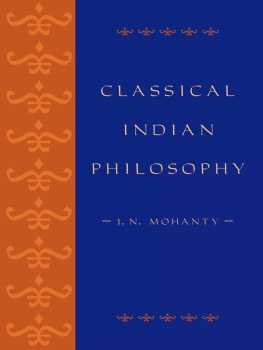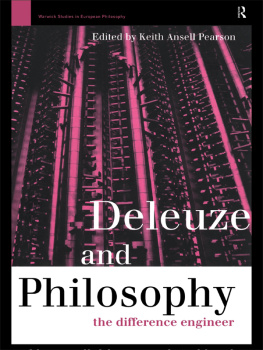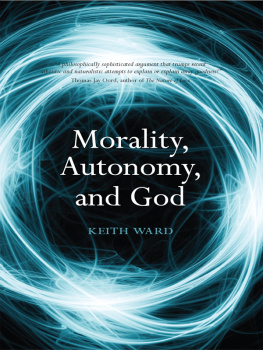Alison Keith (editor) - Maternal conceptions in classical literature and philosophy
Here you can read online Alison Keith (editor) - Maternal conceptions in classical literature and philosophy full text of the book (entire story) in english for free. Download pdf and epub, get meaning, cover and reviews about this ebook. year: 2020, genre: Children. Description of the work, (preface) as well as reviews are available. Best literature library LitArk.com created for fans of good reading and offers a wide selection of genres:
Romance novel
Science fiction
Adventure
Detective
Science
History
Home and family
Prose
Art
Politics
Computer
Non-fiction
Religion
Business
Children
Humor
Choose a favorite category and find really read worthwhile books. Enjoy immersion in the world of imagination, feel the emotions of the characters or learn something new for yourself, make an fascinating discovery.
- Book:Maternal conceptions in classical literature and philosophy
- Author:
- Genre:
- Year:2020
- Rating:4 / 5
- Favourites:Add to favourites
- Your mark:
- 80
- 1
- 2
- 3
- 4
- 5
Maternal conceptions in classical literature and philosophy: summary, description and annotation
We offer to read an annotation, description, summary or preface (depends on what the author of the book "Maternal conceptions in classical literature and philosophy" wrote himself). If you haven't found the necessary information about the book — write in the comments, we will try to find it.
Maternal conceptions in classical literature and philosophy — read online for free the complete book (whole text) full work
Below is the text of the book, divided by pages. System saving the place of the last page read, allows you to conveniently read the book "Maternal conceptions in classical literature and philosophy" online for free, without having to search again every time where you left off. Put a bookmark, and you can go to the page where you finished reading at any time.
Font size:
Interval:
Bookmark:

PHOENIX
Journal of the Classical Association of Canada
Revue de la Socit canadienne des tudes classiques
Supplementary Volume LVII / Studies in Gender Volume II
Studies in Gender
Editors
Alison Keith University of Toronto
Ingrid Holmberg University of Victoria
EDITED BY ALISON SHARROCK AND ALISON KEITH
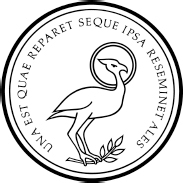
UNIVERSITY OF TORONTO PRESS
Toronto Buffalo London
University of Toronto Press 2020
Toronto Buffalo London
utorontopress.com
Printed in Canada
ISBN 978-1-4875-3201-7 (cloth)
ISBN 978-1-4875-3203-1 (EPUB)
ISBN 978-1-4875-3202-4 (PDF)
___________________________________________________________________________
Library and Archives Canada Cataloguing in Publication
Title: Maternal conceptions in classical literature and philosophy / edited by Alison Sharrock and Alison Keith.
Names: Sharrock, Alison, editor. | Keith, Alison, editor.
Series: Phoenix. Supplementary volume ; 57. | Phoenix. Supplementary volume. Studies in gender ; v. 2.
Description: Series statement: Phoenix. Supplementary volume ; 57 | Phoenix. Supplementary volumes. Studies in gender ; v. 2 | Includes bibliographical references and index.
Identifiers: Canadiana (print) 20190225556 | Canadiana (ebook) 20190225580 | ISBN 9781487532017 (hardcover) | ISBN 9781487532024 (PDF) | ISBN 9781487532031 (EPUB)
Subjects: LCSH: Classical literature History and criticism. | LCSH: Philosophy, Ancient. | LCSH: Mothers in literature. | LCSH: Motherhood in literature.
Classification: LCC PA3015.M68 M38 2020 | DDC 880.9/35252 dc23
___________________________________________________________________________
University of Toronto Press acknowledges the financial assistance to its publishing program of the Canada Council for the Arts and the Ontario Arts Council, an agency of the Government of Ontario.

alison keith, mairad mcauley, and alison sharrock
mairad mcauley
florence gherchanoc
florence klein
federica bessone
judith p. hallett
henriette harich-schwarzbauer
alison sharrock
jacqueline fabre-serris
giulia sissa
therese fuhrer
alison keith
valerie hope
olympia bobou
Introduction
alison keith, mairad mcauley, and alison sharrock
The study of motherhood in classical antiquity is of relatively recent date, as classical scholars inspired by second-wave feminism turned their attention away from the traditional disciplinary focus on fathers and sons
Literary and philosophical scholars of classical antiquity have been slower to examine the role of maternity and motherhood in ancient literature, despite the fact that the inaugural feminist study of contemporary motherhood was written by the poet Adrienne Rich, whose important work Of Woman Born we discuss below. Yet the earliest literature of ancient Greece might be said to focus, obsessively, on the role of the mother in the life of the hero. Indeed, while the action of Homers Iliad finds its point of departure
The poet of the Odyssey presents motherhood as intuitively comprehensible by contrast with paternity. Thus, Telemachus explains to his fathers guest-friend Mentes (the disguised Athena) that My mother says indeed I am his [sc. Odysseuss son]. I for my part / do not know. Nobody really knows his own father (Od. 1.21516). Telemachus interrogation of his paternity and paternal inheritance, which constitutes the focus of the narrative of the Telemachy, apparently leaves no room for the problematic of maternity. Indeed, in contrast to the Iliad, the Odyssey seems positively to vaunt the absence of its heros mother from the plot when she appears in the underworld (Od. 11.847): Next there came to me the soul of my dead mother, / Antikleia, daughter of great-hearted Autolykos, / whom I had left alive when I went to sacred Ilion. / I broke into tears at the sight of her and my heart pitied her. Although surprised and devastated to encounter his mothers shade amongst the dead in the underworld, Odysseus postpones his interview with her to follow that with Tiresias, whom Circe has told him to consult about his journey home to Ithaca. Nonetheless, she is his first thought after his colloquy with Tiresias (Od. 11.13944):
All this, Teiresias, surely must be as the gods spun it.
But come now, tell me this and give me an accurate answer. 140
I see before me now the soul of my perished mother,
but she sits beside the blood in silence, and has not yet deigned
to look directly at her own son and speak a word to me.
Tell me, lord, what will make her know me, and know my presence?
Anticleia, thus introduced as Odysseus second interlocutor in the Nekuia, stands at the head of his meetings with the women of classical myth, in the Homeric adaptation of the Hesiodic form of a catalogue of women (Od. 11.225332).
Odysseus questions his mother closely about his father and son, his wife and kingdom (Od. 11.1749), but his first question (Od. 11.1703) and her final answer focus on what brought her to the underworld (Od. 11.197203):
And so it was with me also and that was the reason I perished,
nor in my palace did the lady of arrows, well-aiming,
come upon me with her painless shafts, and destroy me
nor was I visited by sickness, which beyond other 200
things takes the life out of the body with hateful weakness,
but, shining Odysseus, it was my longing for you, your cleverness
and your gentle ways, that took the sweet spirit of life from me.
Anticleia thus presents the maternal bond as the central relationship of her life, on which she quite literally depends for her existence. In turn, Odysseus desire to speak with Anticleia recalls Achilles repeated recursion to his mother in the elaboration of the plot of the Iliad. But Anticleias explanation of her own death accentuates the stark contrast between the mothers of the two Homeric heroes. The goddess Thetis, capable of securing divine assistance for Achilles, outdoes in every respect the merely mortal Anticleia, who has wasted away to death grieving for her missing son (Od. 11.20422). Moreover, Odysseus response to his mothers unhappy tale effects another pointed comparison between the two Homeric heroes (Od. 11.2037):
So she spoke, but I, pondering it in my heart, yet wished
to take the soul of my dead mother in my arms. Three times
I started toward her, and my heart was urgent to hold her, 205
and three times she fluttered out of my hands like a shadow
or a dream, and the sorrow sharpened at the heart within me
Odysseus vain attempt to embrace his mothers shade underlines her importance to the heros psychic life, as it associates her emphatically with Patroclus, whose ghost Achilles vainly endeavours to clasp in Iliad 23 (97101). While the loss of Anticleia to the
Font size:
Interval:
Bookmark:
Similar books «Maternal conceptions in classical literature and philosophy»
Look at similar books to Maternal conceptions in classical literature and philosophy. We have selected literature similar in name and meaning in the hope of providing readers with more options to find new, interesting, not yet read works.
Discussion, reviews of the book Maternal conceptions in classical literature and philosophy and just readers' own opinions. Leave your comments, write what you think about the work, its meaning or the main characters. Specify what exactly you liked and what you didn't like, and why you think so.

